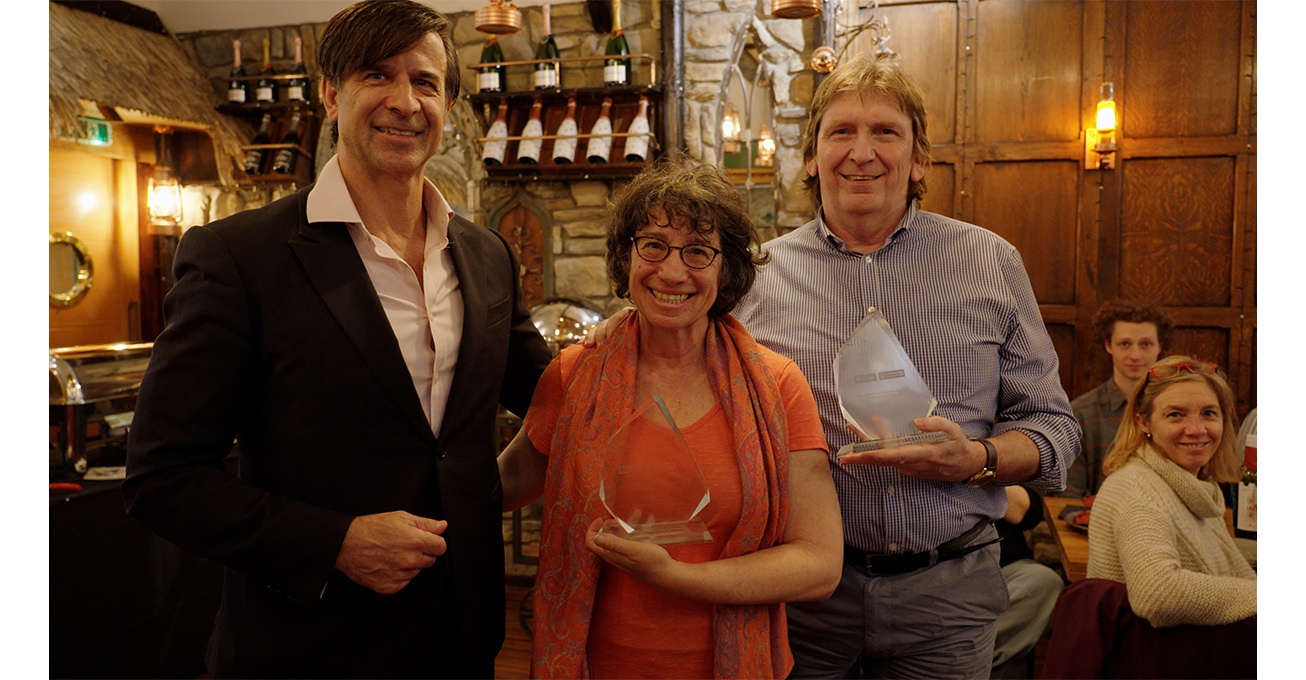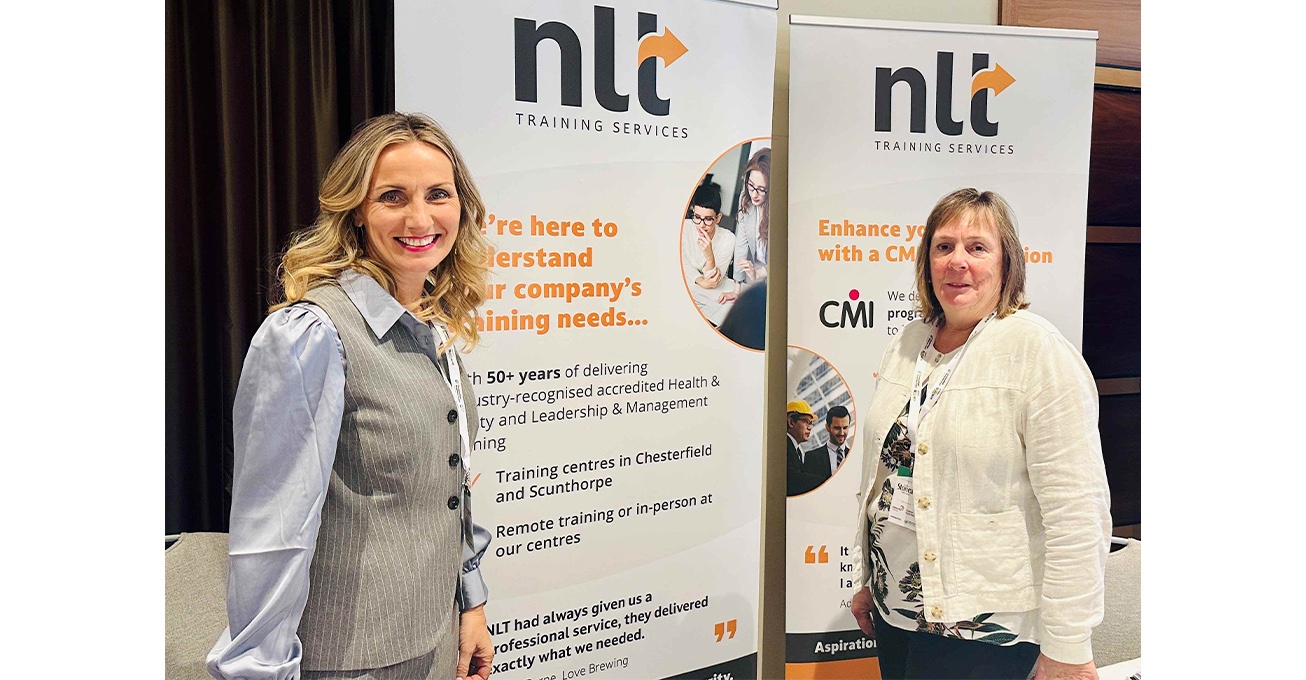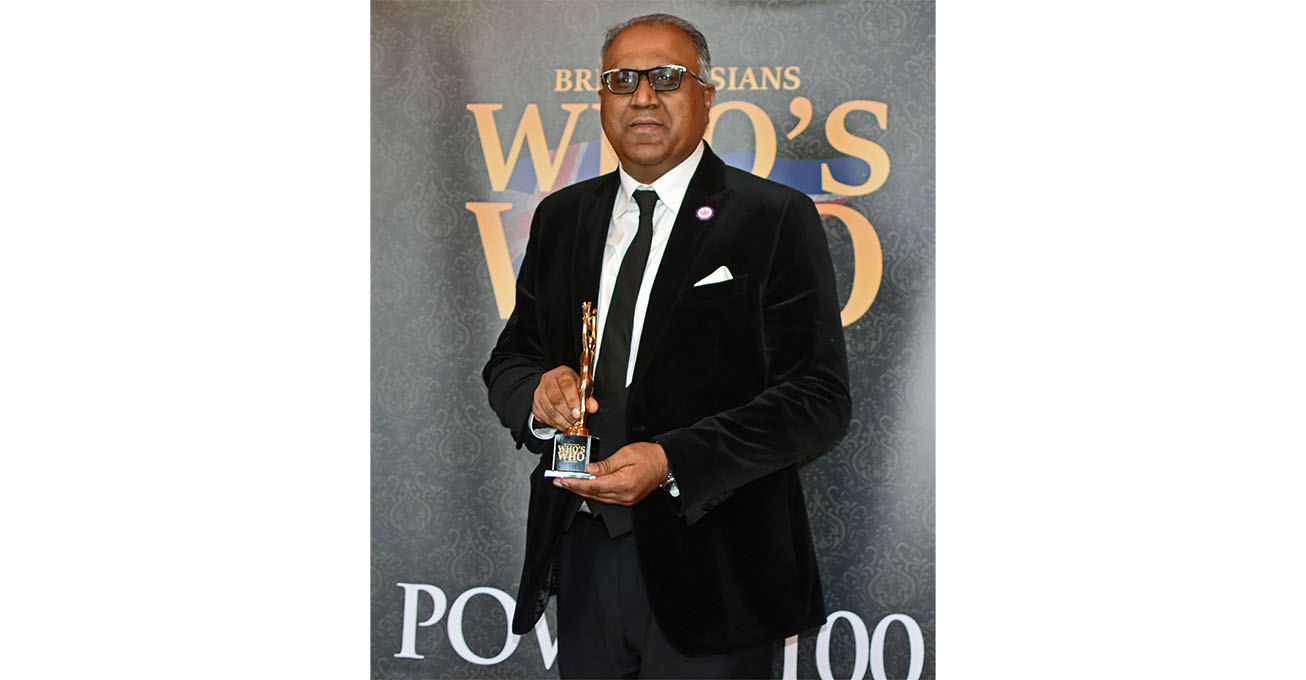 How is history taught in Europe? New Council of Europe report gives insights in 17 European countries.
How is history taught in Europe? New Council of Europe report gives insights in 17 European countries.
Over 120 delegates from around 16 countries including government representatives, policymakers, diplomats, researchers, historians and students are expected to attend the Observatory on History Teaching in Europe’s (OHTE) 3rd Annual Conference, titled “Teaching History: Teaching Peace?” in Strasbourg, France on November 30.
At the event, the OHTE will launch its first General Report on the state of history teaching in Europe – which presents key observations on the state of history teaching in the continent.
Government representatives and historians including Professor of European Studies, University of Oxford, UK, Holly Case, Professor of History, Brown University, US, Josep Dallerès Codina, Member of the High-Level Reflection Group, Council of Europe, Andorra, Alain Lamassoure, Chair of the Governing Board of the Observatory on History Teaching in Europe (OHTE) will speak at the event. The opening session will start with a video message from Bjørn Berge, Deputy Secretary General of the Council of Europe.
History is often seen as a remote topic, disconnected from our everyday lives. It is a source of fascination and information on our human nature. However, when reality hits – most often through wars, conflicts, and catastrophes – it is often to history that we turn to understand the root causes and identify the way forward. Some leaders also turn to history to justify their actions, and history can be easily manipulated to suit the motives of its user. How history is taught matters.
Stressing the importance of teaching history in a way that it promotes democratic values and offers multi-perspectives, Bjørn Berge, Deputy Secretary General of the Council of Europe said:
“All the standards and tools provided by the Council of Europe help teach history in a way that equips citizens with faith in their democracy and the competences required to understand and defend their democratic culture. One of our latest innovations is of course the Observatory on History Teaching, which brings together governments and experts from across member states to distil common agreement on facts and the respect for differing viewpoints that is central to reconciliation with the past. It is a perfect example of the evolution of our approach, and it will only grow stronger the more member states choose to join it”.
Today, in Europe, we have to ask: How are young people in Europe prepared to hear about the history of their homelands? How are they taught history?
“The Observatory was born out of each country’s need to know how to respond to a radically new context. As its name suggests, the Observatory looks, describes, translates and, if necessary, explains, but it does not judge – neither good, nor bad. I would like to thank and congratulate the 16 pioneering countries who agreed to be the founding members of this enlarged partial agreement. They have set an example of total transparency in the service of common progress. I hope that their example will be contagious”, added Alain Lamassoure, Chair of the OHTE Governing Board.
At a time when history is being re-written as a propaganda tool in many populist countries across the world, the first general report of the Observatory on History Teaching in Europe (OHTE) aims to provide a clear picture of the state of history education in 16 countries, member states of the Observatory on History Teaching in Europe, covering both formal aspects of the curriculum and a wide variety of classroom practices. It is therefore a unique source for those seeking to respond to the challenges confronting educators and education authorities, some country-specific, others transnational.
The report discusses the place of history in education systems, explores textbooks and other educational resources in terms of design, dives into dynamics of teaching but also into learning outcomes and assessment of students. Country-specific information sheets are part of the OHTE General Report (Volume 2) 15 key findings.
The next version of the general report will zoom in on specific aspects of history teaching and education, providing a more detailed and comprehensive view. This refined focus will offer valuable insights on the content of curricula and textbooks that can be leveraged to enhance the quality of history education in Europe. The OHTE remains committed to its mission of promoting transparency, understanding, and progress in history education across the continent.






